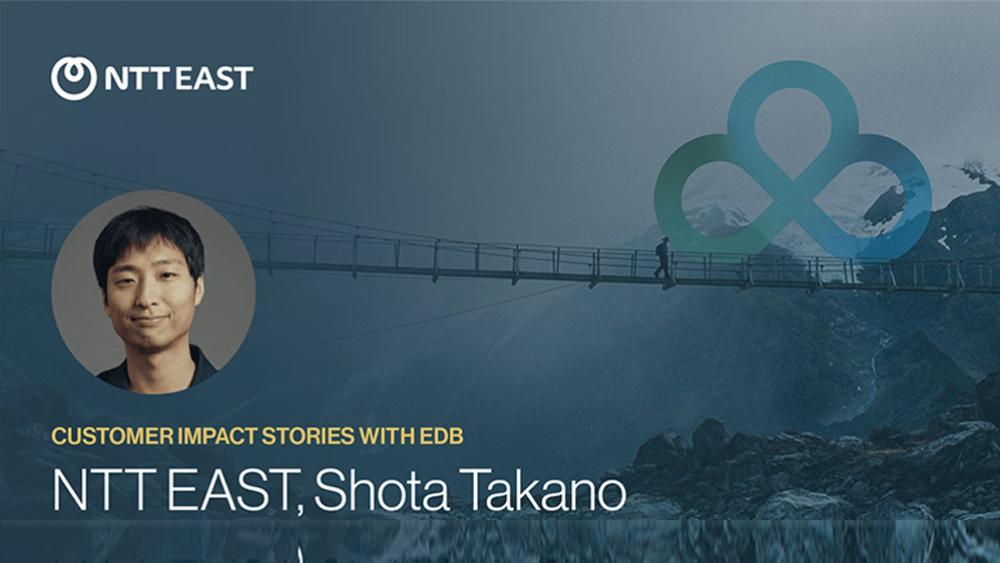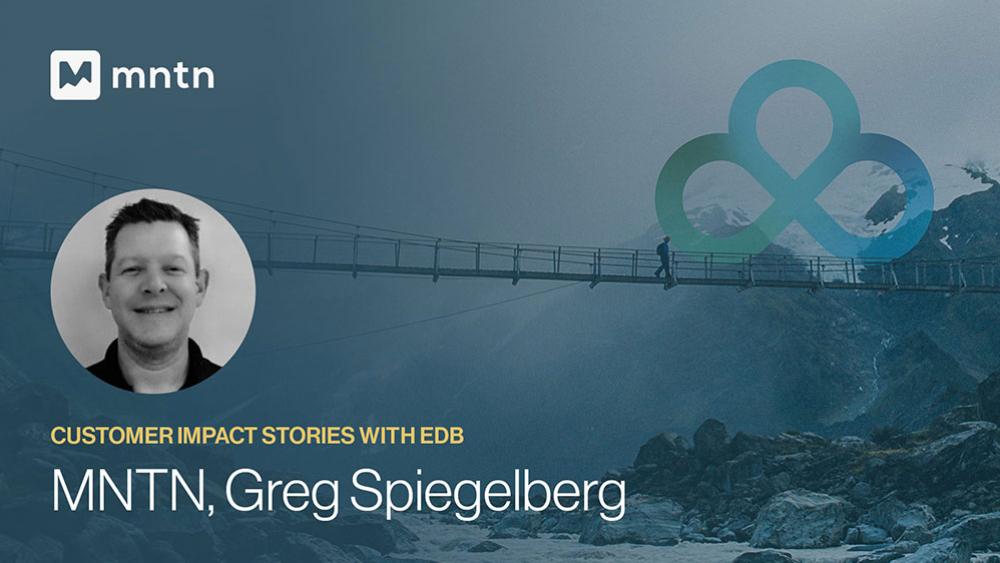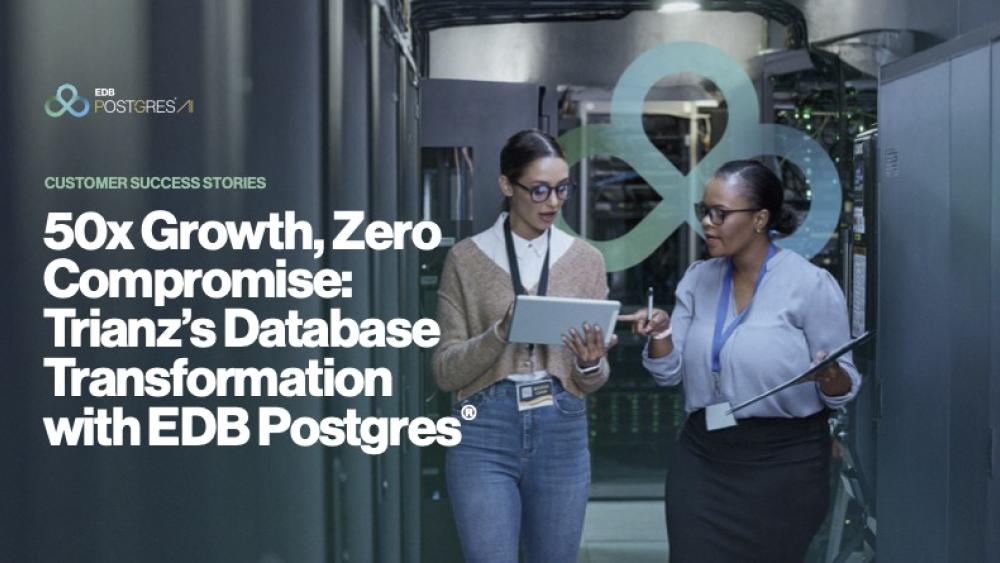Bajaj Allianz Life Insurance Chooses EDB Postgres® AI to Modernize Its Insurance Platform
The company’s legacy platform system was limiting the deployment of new capabilities and services, while its rising support and licensing costs had become untenable. It needed a modern, open source platform to support new capabilities and maintain high performance.
With of EDB Postgres® Advanced Server, Bajaj Allianz Life Insurance achieved a seamless transition with no service interruption that brought significantly reduced TCO without any compromise of database performance. PostgreSQL handled both regular loads and seasonal higher loads with higher performance while supporting real-time analysis and data-driven decisions.




